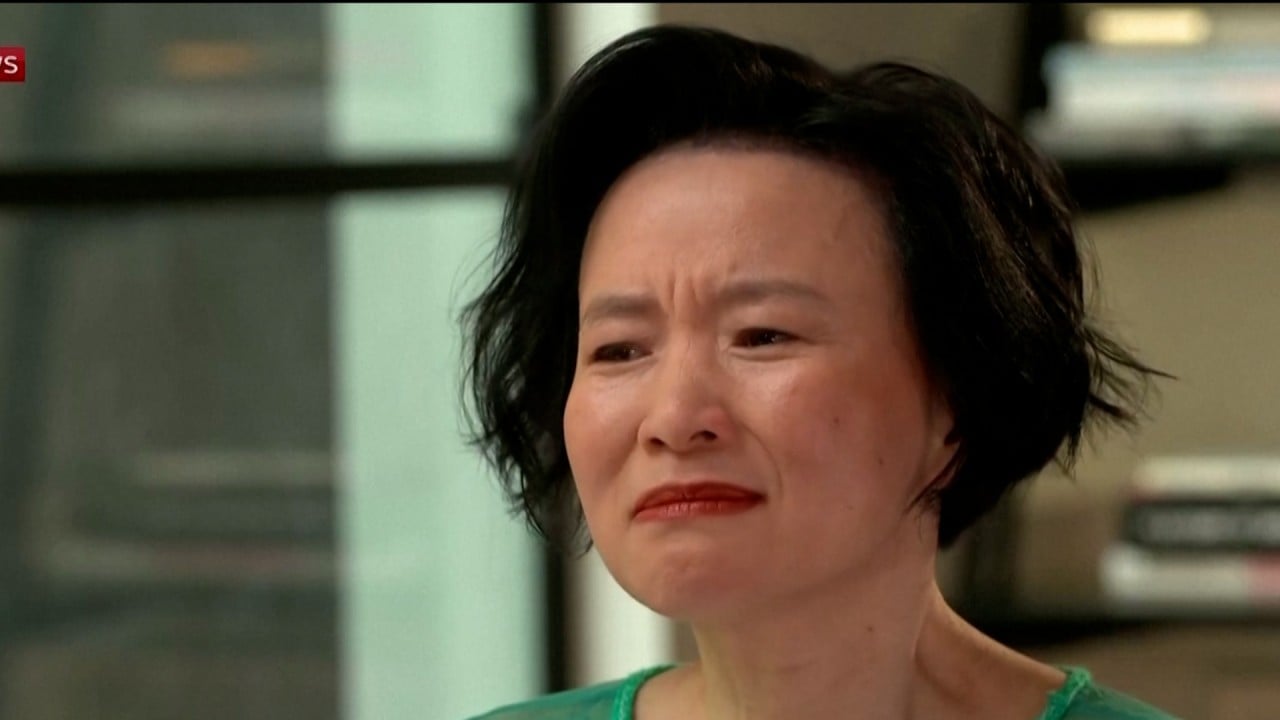A request to Australia’s Department of Foreign Affairs and Trade for comment was not immediately returned.
Taiwan
applied to join the 11-member trade bloc on September 22, 2021, six days after Beijing did so, and amid concerns that the island could be blocked from the deal. Any applications to join the CPTPP must be approved by all members – Australia, Brunei, Canada, Chile, Japan, Malaysia, Mexico, New Zealand, Peru, Singapore and Vietnam.
Beijing regards Taiwan as a breakaway province that must be reunited with the mainland – by force if necessary – and has steadily ramped up military pressure on the self-ruled island while opposing official meetings between Taipei and countries that recognise China.
The Albanese administration has been working on stabilising ties with Australia’s largest trade partner. Bilateral relations soured in 2020 after his predecessor
called for an international probe into the origin of the coronavirus. Beijing responded by imposing crippling tariffs on Australian goods such as wine and lobsters.
Since Albanese took office in May 2022, both countries have taken steps to improve relations, with some concessions made.
“The framework of the deal was worked out in a series of understandings over nearly a year, beginning in November 2022 when
Albanese met [President] Xi [Jinping] in Jakarta,” a source said.

02:12
Australian journalist Cheng Lei in first interview since release from China detention
Australian journalist Cheng Lei in first interview since release from China detention
And Canberra announced at the weekend that both countries had resolved their dispute over wine tariffs, which reached as high as
218.4 per cent and essentially wiped out Australia’s Chinese wine market, which had been worth about US$1.2 billion a year.
Also last week, Australian authorities decided
not to cancel the 99-year lease of Darwin Port to China’s Landbridge Group, and they said there were no intentions to launch any anti-dumping cases against Chinese firms for the foreseeable future.
The Albanese administration may also assess policies for Chinese investment in Australia but has “refused” to reconsider Huawei Technologies’ access to the nation’s 5G broadband network – a ban in place since 2018 – and there will be no concessions on national security issues.
“Australia has stabilised its relationship [with China],” a source said, but those relations “will not return to the status quo nor further improve”, owing to Australia’s participation in the
Aukus security pact and the
Quadrilateral Security Dialogue, which Beijing sees as anti-China.
The Australian leader had planned to visit China earlier in the year, but Beijing delayed it so as not to “reward Albanese/Australia for Aukus”, the source said.
Instead, China waited for the symbolic half-century anniversary of Whitlam’s meeting with former leader Mao Zedong.
And Albanese’s visit will also coincide with the China International Import Expo, which he plans to attend in Shanghai after meeting with Chinese leaders in Beijing.
